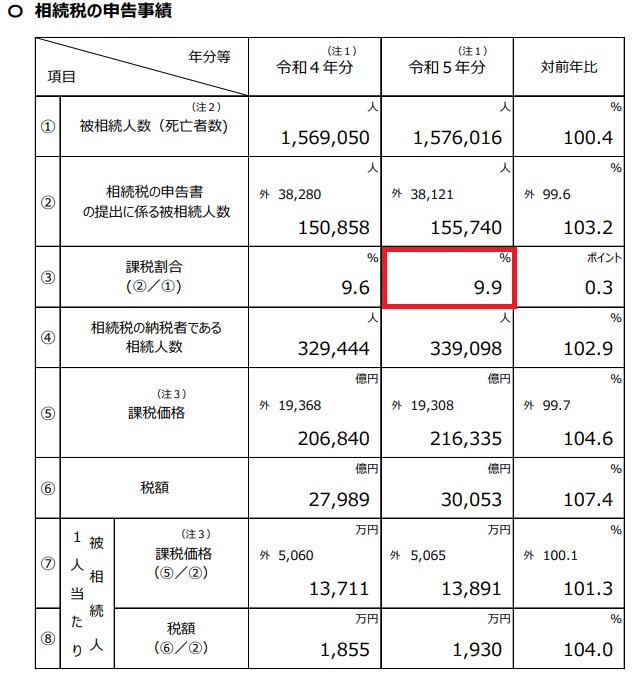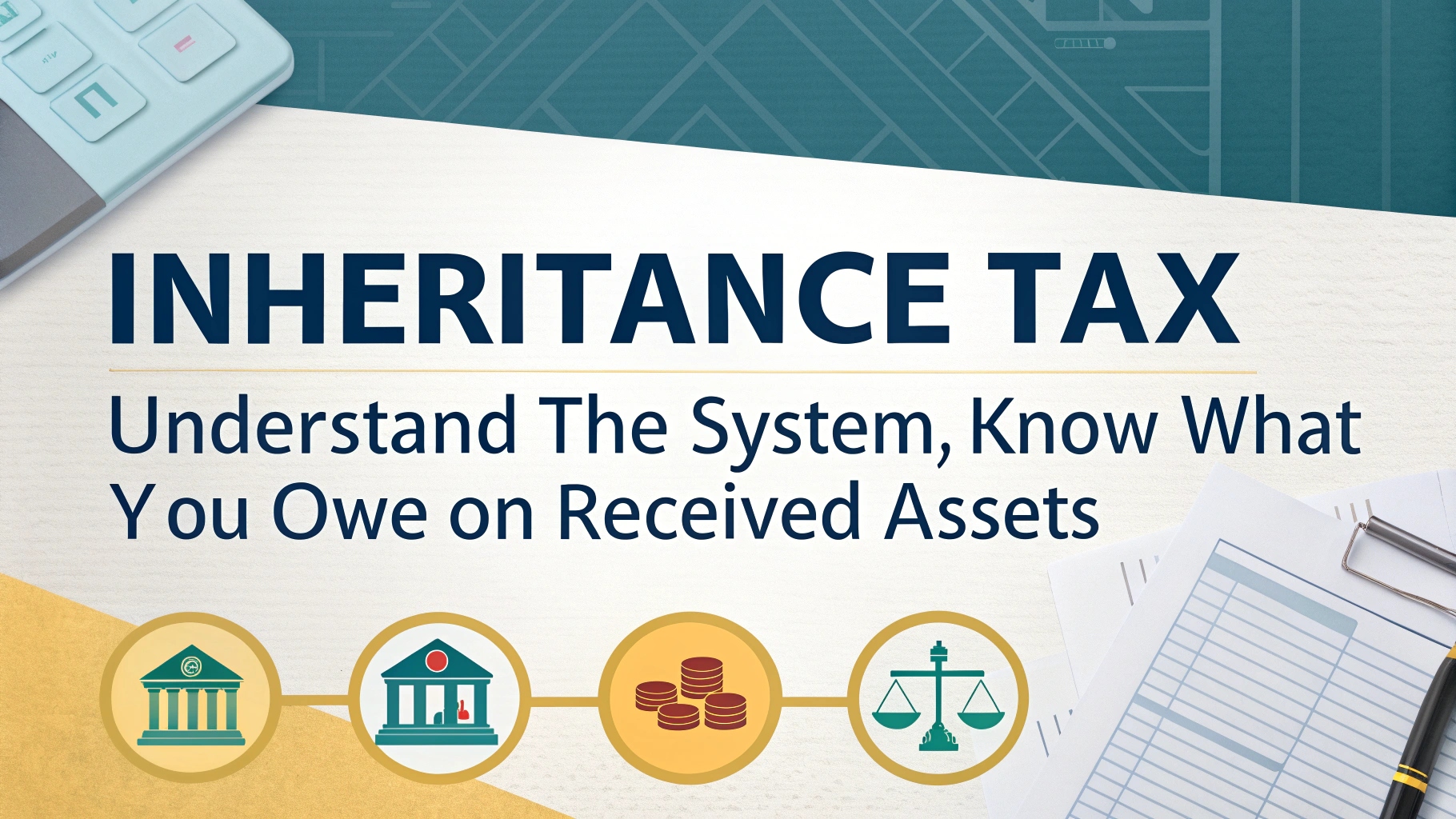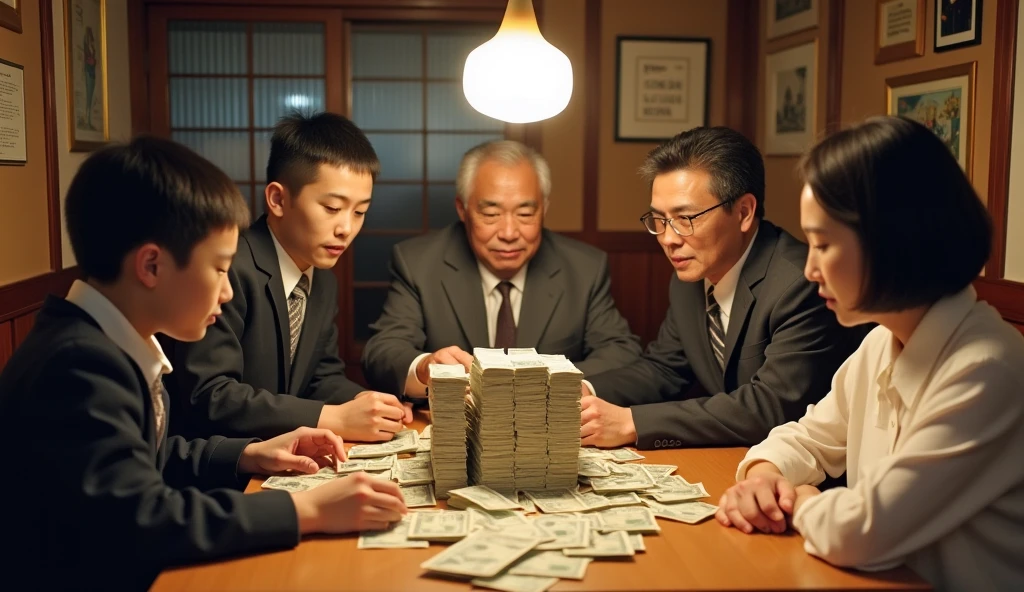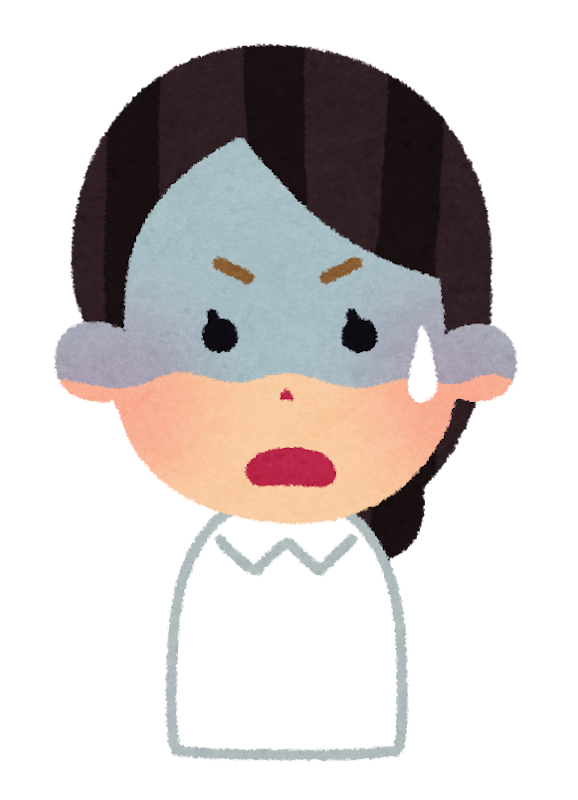「富の再分配|相続税の真実とは?」
今日は【守る力】
金の仏像は相続対策になるのか?
相続税のキホン
についてお話しします。
●相続税、怖がる前に知ることが安心への第一歩!

知人が相談を受けたそうです。
「将来子供に遺産を相続する時
相続税が発生しないか心配です。
相続税が払えなくて
家を売る事になった
という話も聞きます。
金の仏像は
相続税がかからないと
聞きました。
本を読んでも
計算方法等が難しくて
よくわかりません。」
とのこと。
相続税の仕組みを知れば
不安は減ります。
全ての人に
相続税がかかる訳ではないんですね。
ほとんどの場合
発生しても多額ではない。
という事でお話ししていきますけど
仕組みを知らないから
怖いんですよね。
どのように相続税は掛かるのか?
この金の仏像が
相続税の対策になるのか?
国税庁が公表している
によると

課税割合は9.9%です。
相続税が発生する場合というのは
全体の10%未満なんですね。
ほとんどの人が掛からない。
一定以上の資産を相続した人にしか
掛からないんですね。
そして
ほとんどの人が発生したとしても
大きな金額にはならないんです。
詳しい計算は
税理士に相談しましょう。
●相続税、知ることで納得! ~受け取った財産にかかる税金の仕組み~

そもそも相続税とは?
人が亡くなって
その財産を受け取ったらかかる税金
なんですね。
なので
相続税は誰が支払うのか?
当然
遺産を受け取った人に
課税されるんですよね。
贈与税というのは
人が亡くなった時だけじゃくて
お金をあげた=贈与した時に
贈与税が発生するんですけど
相続税というのは
人が亡くなった時に
その財産を受け取ったら
かかる税金ですね。
なので
遺産を受け取った人に課税される。
これは親族だったり
親族じゃなくても
遺産を受け取った人に
相続税はかかる。
遺産を多く受け取った人ほど
相続税も高くなるんですね。
遺産を受け取った人が
それぞれ納税する。
考え方としては

富の再分配というのが
基本の思想なんですけど
お金持ちの家が
ずっとお金持ちなのも
貧乏な家がずっと貧乏なのも
不公平ですよね。
そういう思想で
所得税と同じ考え方なんですよね。

(出典:https://nagoyasougou.com/blog/blog/4233/)
なので累進課税
つまりお金持ちであればあるほど
沢山税金を取られるという事です。
さほど資産が無いのであれば
負担は大きくない。

「昔から三回相続何もなし」
相続が三代続くと
財産が無くなるという
かるたの文句ですが
ざっくり計算すると
5億円の資産がひ孫の代では
相続を繰り返すだけで
約8千万円になるんですね。
もちろん
控除とか人によるので
ざっくり計算なんですけど
このぐらい資産を残しても
相続税自体はそれぐらい
持ってる人からすると
結構負担は大きい。

「そもそも相続税って
二重課税じゃないのか?」
という議論もあったりします。
一旦
所得税とか住民税とか納めて
残ったお金に
更に税金をかける訳なので

「二重で税金がかかってるんじゃない?」
ということで
議論もあったりします。
でもほとんどの人に
相続税はかからないんです。
〜〜〜つづく〜〜〜
Special Thanks college president Ryo.
●おまけ
≪≪Chat-GPTくんによる要約→perplexityちゃんによる文章まとめ≫≫
相続税に関する理解を深めることは、将来の不安を軽減する第一歩です。相続税は、遺産を受け取った人に課税されるもので、全体の9.9%の人にしか影響を及ぼしません。多くの場合、課税されても大きな金額にはならず、資産が一定以上でない限り心配はいりません。
相続税は富の再分配を目的とした累進課税制度であり、資産が多いほど税負担が増えます。「三回相続何もなし」という言葉が示すように、相続を繰り返すことで資産は減少する傾向があります。また、相続税が二重課税であるとの議論もありますが、実際にはほとんどの人には影響がありません。
相続税について不安がある場合は、専門家である税理士に相談することをおすすめします。知識を持つことで、無用な心配を減らし、安心して未来を見据えることができるでしょう。
Citations:
[1] https://www.shiruporuto.jp/public/document/container/sozoku_zoyozei/sozoku_zoyozei001.html
[2] https://souzoku-pro.info/columns/souzokuzei/581/
[3] https://minatosc.com/column/13957
[4] https://www.nta.go.jp/taxes/shiraberu/taxanswer/sozoku/4155.htm
[5] https://www.mof.go.jp/tax_information/qanda021.html
[6] https://gentosha-go.com/articles/-/38976?page=2
≪≪Chat-GPTくんによる英訳≫≫
Today’s topic: “The Power to Protect”
Can a Golden Buddha Statue Be an Inheritance Tax Strategy? The Basics of Inheritance Tax
I’ll be talking about inheritance tax today.
【Inheritance Tax: The First Step to Peace of Mind is Understanding It!】
A friend received a consultation about the following concerns:
– “I’m worried that inheritance tax might be imposed when I pass on my inheritance to my children.
– I’ve heard stories where people had to sell their house because they couldn’t afford inheritance tax.
– I’ve been told that a golden Buddha statue isn’t subject to inheritance tax.
– I’ve read books, but the calculations are complicated, and I don’t really understand them.”
Understanding the system behind inheritance tax can ease these concerns.
Not everyone is subject to inheritance tax, and in most cases, the tax is not significant.
I’ll explain more now, but the reason people are afraid is because they don’t understand how it works.
– How does inheritance tax apply?
– Does the golden Buddha statue really serve as an inheritance tax strategy?
According to the National Tax Agency’s “Overview of Inheritance Tax Filing Results for 2023,” the tax rate is 9.9%. This means that inheritance tax is only imposed on less than 10% of cases.
In most cases, people do not have to pay inheritance tax.
Inheritance tax only applies to those who inherit significant assets, and even then, it’s not usually a large amount.
For detailed calculations, it’s best to consult with a tax professional.
【Inheritance Tax: Understanding the Tax on Received Assets】
What exactly is inheritance tax?
When someone passes away and their estate is inherited, inheritance tax is the tax imposed on the recipient.
So, who pays inheritance tax?
Naturally, it is the person who receives the inheritance.
Gift tax, on the other hand, is imposed when someone gives a gift during their lifetime.
Inheritance tax, however, is imposed when someone passes away, and the recipient inherits the estate.
So, inheritance tax is imposed on the person who inherits the estate, whether they are a family member or not.
The more inheritance a person receives, the higher the inheritance tax will be.
Each recipient is responsible for paying their own tax.
The idea behind this system is wealth redistribution, which is based on the principle that it is unfair if wealthy families remain wealthy for generations while poor families stay poor.
This philosophy is similar to how income tax works.
Thus, inheritance tax is progressive, meaning the wealthier you are, the higher your tax burden.
If someone has modest assets, the burden is much lower.
There’s an old saying, “Three generations of inheritance, and the wealth is gone.”
If you inherit 500 million yen, by the time it reaches the great-grandchildren’s generation, after a few rounds of inheritance, only around 80 million yen remains.
This is a rough estimate, as deductions and individual circumstances can vary.
Even leaving such an amount, inheritance tax would still apply, and for those who hold wealth, it can be a substantial burden.
There are also debates about whether inheritance tax is “double taxation.” Some argue that income and residential taxes are paid first, and then taxes are applied to the remaining money, creating a form of double taxation.
However, in most cases, inheritance tax is not something most people will need to pay.
Special Thanks OpenAI and Perplexity AI, Inc


